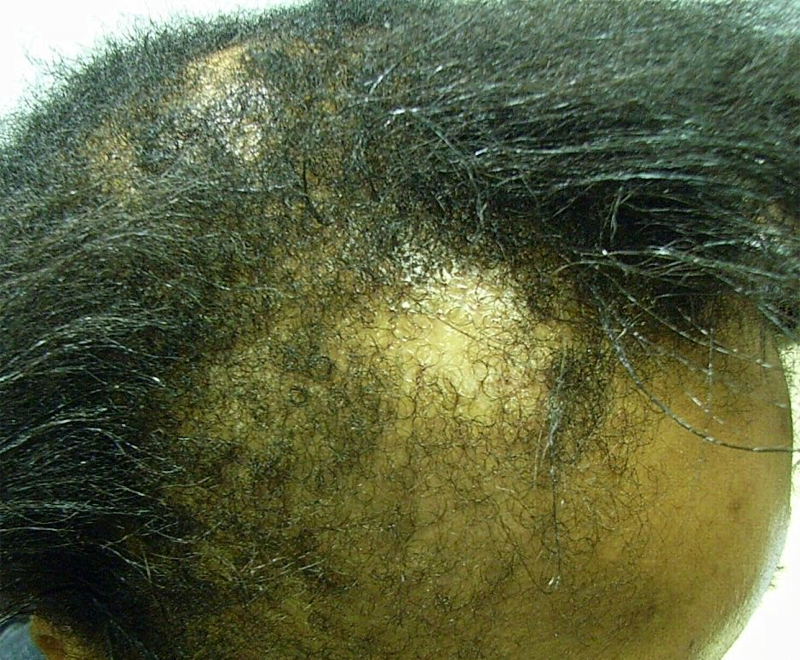
Three new studies find exercising at particular times of the day can suppress hunger, and have positive effects on cognitive performance, metabolism and energy expenditure.
They add further to the idea that exercise can be tailored to the clock to attain specific results.
Research from the University of Copenhagen finds that the circadian clock – the mechanism that governs our sleep patterns – also affects the benefits we get from exercising at different times of the day.
The researchers, in experiments with mice, found that exercise in the morning results in an increased metabolic response in skeletal muscle, while exercise later in the day increases energy expenditure for an extended period of time.
“There appears to be rather significant differences between the effect of exercise performed in the morning and evening, and these differences are probably controlled by the body’s circadian clock,” said Associate Professor Jonas Thue Treebak from the Novo Nordisk Foundation Center for Basic Metabolic Research, in a prepared statement.
“Morning exercise initiates gene programs in the muscle cells, making them more effective and better capable of metabolising sugar and fat.”
This is, as the researchers point out, a useful finding “in relation to people with severe overweight and type 2 diabetes”.
Evening exercise, on the other hand, increases whole body energy expenditure for an extended period of time – that is, in the hours after exercise.
“On this basis we cannot say for certain which is best, exercise in the morning or exercise in the evening,” Dr Thue Treebak said.
“At this point, we can only conclude that the effects of the two appear to differ, and we certainly have to do more work to determine the potential mechanisms for the beneficial effects of exercise training performed at these two time points.
“We are eager to extend these studies to humans to identify if timed exercise can be used as a treatment strategy for people with metabolic diseases.”
Meanwhile, a study of older Australians from the Baker Heart and Diabetes Institute and The University of Western Australia found a morning bout of moderate-intensity exercise improves cognitive performance, like decision-making across the day, compared to prolonged sitting without exercise.
The study of more than 65 males and females – aged 55 to 80 years – examined the effects of acute morning exercise on a treadmill with and without brief three-minute walking breaks during an eight-hour day of prolonged sitting.
The researchers assessed aspects of cognition and concentration including psychomotor function; attention; executive function such as decision-making; visual learning and working memory.
Central to mediating the benefits of exercise on learning and memory is brain-derived neurotrophic growth factor, a protein that plays an important role in the survival and growth of information-transmitting neurones in the brain.
The results demonstrated that this protein was elevated for eight hours during both exercise conditions, relative to prolonged sitting.
Physical activity researcher and co-author of the study paper Michael Wheeler said: “This study … reveals that one day we may be able to do specific types of exercise to enhance specific cognitive skills, such as memory or learning.”
For a good night’s sleep
Finally, a pilot study from Charles Sturt University suggests that 30 minutes of high-intensity exercise performed in the early evening does not negatively affect subsequent sleep, and may also reduce feelings of hunger.
Eleven middle-aged men were recruited to complete three experimental trials to investigate sleep and appetite responses to exercise performed in the morning (6am to 7am), afternoon (2pm to 4pm) and evening (7pm to 9pm).
Participants were required to perform high-intensity cycling involving six one-minute, maximal intensity sprints interspersed by four minutes of rest.
Blood collections were taken before and after exercise to examine appetite-related hormones, and multiple tests were performed during sleep to assess sleep stages.
The results, reported by The Physiological Society, not only showed that evening exercise did not have a detrimental impact on subsequent sleep, but also that afternoon and evening high-intensity exercise were associated with greater reductions of the hunger-stimulating hormone, ghrelin.
The researcher hope to conduct similar studies recruiting women, to determine whether sleep and appetite responses may be different depending on sex.
Penelope Larsen, lead author of the study, noted: “Interestingly, power output during the sprint efforts was higher for the afternoon and evening trials compared to the morning trial, indicating that participants were able to perform better during latter parts of the day.”
“Therefore, time of day may also need to be considered when planning training schedules.”
[“source=thenewdaily”]






















